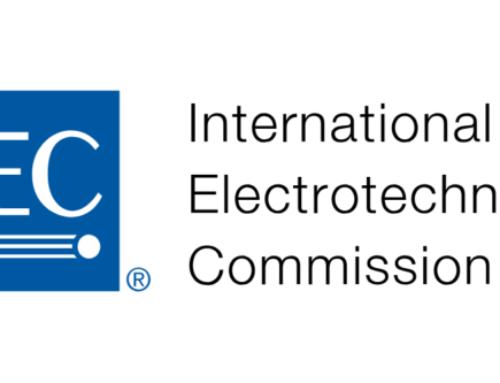On 15 April 2021, the State Council Information Office held a regular State Council policy briefing in Beijing, introducing the Comments on Serving the “Six Stabilities” and “Six Guarantees”, and Further Advance the Reform of “Decentralization, Management and Services”, and answering questions from reporters. In particular, Liu Weijun, Director of the Certification Supervision Department of the State Administration for Market Regulation, pointed out three main problems to be solved for standardizing and improving certification services.
Firstly, a fair and competitive market environment should be created to stimulate the vitality of the certification market. In accordance with the requirements of the document, the transformation of certification agencies to enterprises, thus decoupling from government departments, should be promoted: this will increase the openness of the market and promote fair and orderly competition, giving full play to the independent attributes of certification bodies. One example is the China Inspection and Certification Group is China’s largest inspection and certification organization; last year, it was decoupled from the State Administration for Market Supervision and handed over to the State-owned Assets Supervision and Administration Commission for general supervision. At the same time, this document also particularly emphasizes the need to strengthen the supervision of certification bodies and to investigate and punish unregulated certification activities. Finally, certification bodies are required to publish relevant information about certification activities through websites or other means, highlighting the areas of certification, certification rules, rates, results, etc., all with the purpose of improving the quality of certification services.
Secondly, in order to reduce the institutional transaction costs faced by enterprises, the current evaluation system involving certification must be revised, streamlined, and standardized. According to the Opinions of the State Council on Strengthening the Construction of Quality Certification System and Promoting Total Quality Management, for those with an existing unified national certification system, similar evaluation projects shall no longer be established. For example, the original evaluation projects of energy-saving, environmental protection, recycling, low-carbon, and recycling products, are in the process of being integrated; a unified national green product certification and labeling system was established with positive results. Currently, the national unified green product certification system covers building materials, express packaging, electronic appliances and other fields, and more than 10,000 certificates have been issued.
Finally, efforts should be made to improve the multi-faceted certification and acceptance mechanism of the government, industry and society, with the objective to avoid repetitive certification evaluations and to promote active acceptance and mutual recognition of certification results by all relevant parties. The ultimate goal is to facilitate market operations by guaranteeing full market access with one certificate.
Background:
On 15 April 2021, the General Office of the State Council issued the Comments on Serving the “Six Stabilities” and “Six Guarantees”, and Further Advance the Reform of “Decentralization, Management and Services”. The document emphasizes the following requirements: standardization and improvement of certification services; promoting the transformation of certification agencies into enterprises by decoupling agencies from government departments; increasing market openness and promoting fair and orderly competition; strengthening the supervision of certification agencies, and improving the quality of services while urging certification agencies to disclose rates and other certification information in a timely manner; setting up standards involving the evaluation system of certification and promoting the transformation to a unified national certification system; and improving and promoting the mutual recognition of certification results among different departments and regions.




